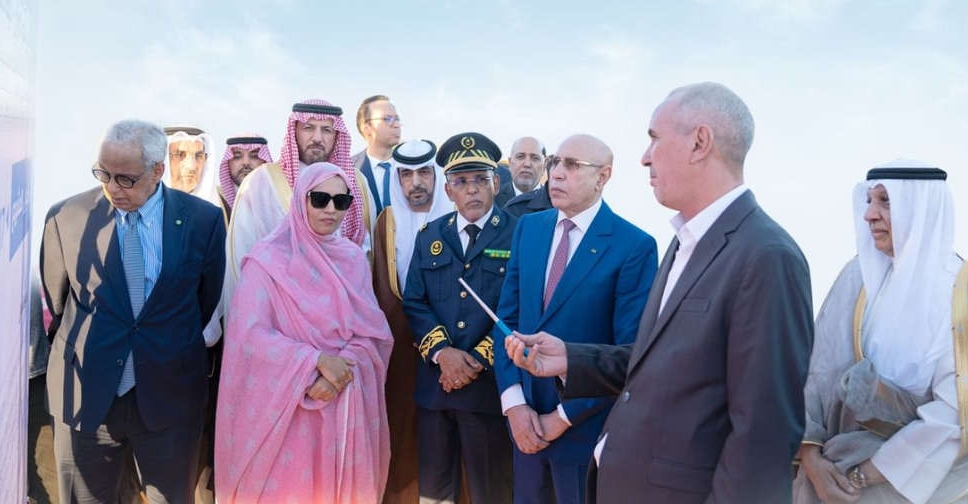
Saudi Arabia will maintain the same level of crude production capacity until 2020 under a new economic reform plan approved by the government on Monday to reduce the kingdom’s reliance on oil. The world’s biggest crude exporter will maintain output capacity at 12.5 million barrels a day in 2020, according to a draft of the National Transformation Program distributed to reporters in Jeddah, Saudi Arabia. The program, which was approved by cabinet on Monday according to state television, stipulates a cut in water and electricity subsidies by 200 billion riyals in 2020. The kingdom’s refining capacity will rise to 3.3 million barrels a day in 2020, according to the plan. Refining capacity was at 3.1 million barrels a day at the end of last year, the state producer Saudi Arabian Oil Co. said in its annual review last month. The country will produce 4 percent of power from renewable energy sources in 2020, according to the plan. Saudi Deputy Crown Prince Mohammed bin Salman, the king’s influential son, announced earlier this year a plan to overhaul the nation’s economy to make it less dependent on oil revenue amid a plunge in prices due to a global glut. The plan includes selling shares in Saudi Aramco by the end of 2018 in an initial public offering that could value the company at about $2 trillion. Prince Mohammed’s approach has been forced, in part, by Saudi Arabia’s struggle to deal with oil prices that, at about $50 a barrel this week, are trading at half the average seen from 2010 through 2014. Cuts in government spending and lower subsidies on items like fuel will help trim Saudi Arabia’s budget deficit to 13.5 percent of gross domestic product this year, compared with 16.3 percent last, the International Monetary Fund said April 25. By Wael Mahdi and Vivian Nereim/Bloomberg, with assistance from Anthony DiPaola and Nour Al Ali.

 Dubai Free Zones Council reviews efforts to boost investor experience
Dubai Free Zones Council reviews efforts to boost investor experience
 ADFD finances project to enhance water security in Mauritania
ADFD finances project to enhance water security in Mauritania
 Waymo to update software after power outage snarls self-driving vehicles
Waymo to update software after power outage snarls self-driving vehicles
 Masdar to develop Southeast Asia’s largest floating solar plant
Masdar to develop Southeast Asia’s largest floating solar plant
 New York Times reporter sues Google, xAI, OpenAI over chatbot training
New York Times reporter sues Google, xAI, OpenAI over chatbot training




